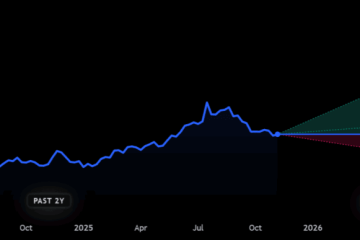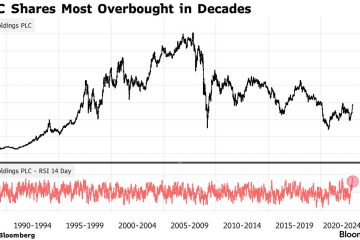Understanding the Importance of Safe Havens in Finance

Introduction to Safe Havens
In times of economic uncertainty, the term ‘safe haven’ often emerges in discussions among investors and financial analysts. Safe havens refer to assets that are expected to retain or increase their value during market turbulence. Understanding safe havens is crucial for both novice and seasoned investors, especially in the current post-pandemic economic landscape where volatility is becoming the norm.
Current Economic Conditions
Recent global events, including rising inflation and geopolitical tensions, have heightened concerns over financial stability. According to a recent report by the International Monetary Fund (IMF), global inflation rates are projected to remain elevated, prompting investors to seek secure places for their capital. This trend is exacerbated by ongoing conflicts and supply chain disruptions stemming from the COVID-19 pandemic.
Market analysts have observed a surge in the appeal of traditional safe haven assets such as gold, U.S. Treasury bonds, and even the Swiss Franc. For instance, the price of gold has seen significant increases, recently surpassing £1,800 an ounce as investors flock to it as a reliable store of value. Likewise, U.S. Treasury bonds offer relative safety due to the perceived stability of the U.S. government, often resulting in increased demand during uncertain times.
The Case for Diversification
While safe havens are essential during tumultuous periods, financial experts advocate for diversification. Relying solely on safe assets might not yield the maximum potential for growth. According to a survey by Financial Times, about 65% of wealth managers recommend a balanced approach that includes both safe havens and growth-oriented investments, striking a balance to help mitigate risk while still aiming for profitability.
Conclusion and Future Outlook
As we move forward, the importance of safe havens in financial planning remains paramount. Investors must stay informed about current economic indicators, enabling them to adapt their strategies to shifting market conditions. It is likely that the trend towards safe havens will persist, especially in a world where uncertainty is ever-present.
By taking an informed approach, investors can navigate market volatility more effectively, securing their assets and potentially capitalising on future opportunities. As always, it is wise to consult with financial advisors to tailor strategies best suited to individual circumstances.









